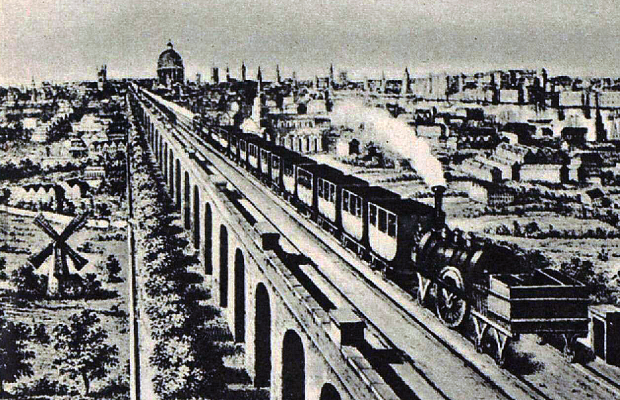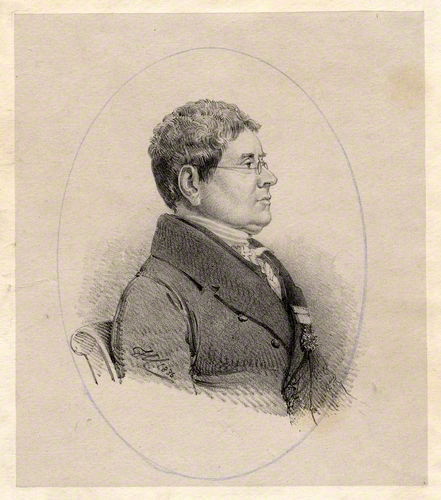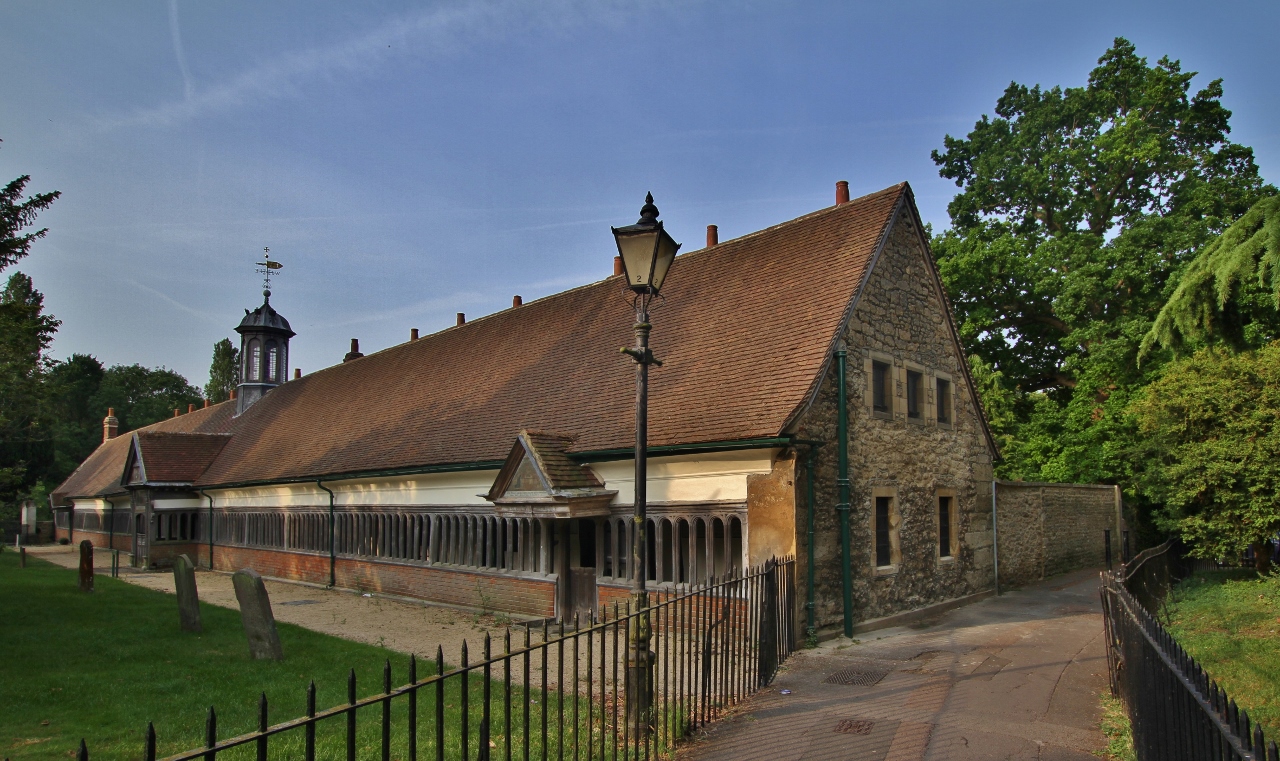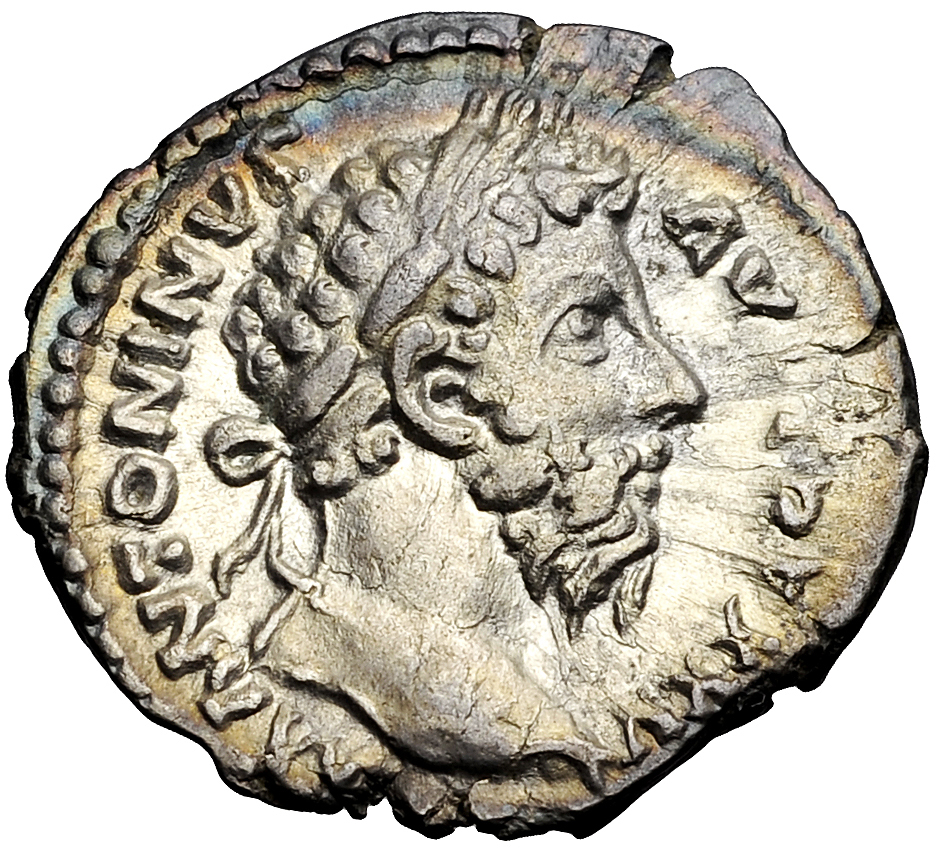|
John Yonge Akerman
John Yonge Akerman (1806–1873) was an English antiquarian specializing mainly in numismatics. He also wrote under the pseudonym Paul Pindar. Life Akerman was born in London on 12 June 1806. In early life he became secretary to William Cobbett; in 1838 to the London and Greenwich Railway Company; and later to Lord Albert Conyngham (afterwards Lord Londesborough). In January 1834, Akerman was elected a fellow of the Society of Antiquaries. In the autumn of 1848 he became joint secretary with Sir Henry Ellis, and five years later, sole secretary. He held the post until 1860, when poor health compelled him to resign it and the editorship of the ''Archæologia''. In 1836, at a time when there was no English periodical of the kind, he started, chiefly at his own expense, a publication called the ''Numismatic Journal'', two volumes of which appeared under his editorship. He helped to form the Numismatic Society of London, which held its first regular meeting in December 1836. Akerm ... [...More Info...] [...Related Items...] OR: [Wikipedia] [Google] [Baidu] |
Antiquarian
An antiquarian or antiquary () is an fan (person), aficionado or student of antiquities or things of the past. More specifically, the term is used for those who study history with particular attention to ancient artifact (archaeology), artifacts, History of archaeology, archaeological and historic Archaeological site, sites, or historic archives and manuscripts. The essence of antiquarianism is a focus on the empirical evidence of the past, and is perhaps best encapsulated in the motto adopted by the 18th-century antiquary Sir Richard Hoare, 2nd Baronet, Sir Richard Colt Hoare, "We speak from facts, not theory." The ''Oxford English Dictionary'' first cites "archaeologist" from 1824; this soon took over as the usual term for one major branch of antiquarian activity. "Archaeology", from 1607 onwards, initially meant what is now seen as "ancient history" generally, with the narrower modern sense first seen in 1837. Today the term "antiquarian" is often used in a pejorative sense ... [...More Info...] [...Related Items...] OR: [Wikipedia] [Google] [Baidu] |
Numismatics
Numismatics is the study or collection of currency, including coins, tokens, paper money, medals and related objects. Specialists, known as numismatists, are often characterized as students or collectors of coins, but the discipline also includes the broader study of money and other means of payment used to resolve debts and exchange goods. The earliest forms of money used by people are categorised by collectors as "Odd and Curious", but the use of other goods in barter exchange is excluded, even where used as a circulating currency (e.g., cigarettes or instant noodles in prison). As an example, the Kyrgyz people used horses as the principal currency unit, and gave small change in lambskins; the lambskins may be suitable for numismatic study, but the horses are not. Many objects have been used for centuries, such as cowry shells, precious metals, cocoa beans, large stones, and gems. Etymology First attested in English 1829, the word ''numismatics'' comes from the adjective ... [...More Info...] [...Related Items...] OR: [Wikipedia] [Google] [Baidu] |
William Cobbett
William Cobbett (9 March 1763 – 18 June 1835) was an English pamphleteer, journalist, politician, and farmer born in Farnham, Surrey. He was one of an agrarian faction seeking to reform Parliament, abolish "rotten boroughs", restrain foreign activity, and raise wages, with the goal of easing poverty among farm labourers and small land holders. Cobbett backed lower taxes, saving, reversing commons enclosures and resisting the 1821 gold standard. He opposed borough-mongers, sinecurists, bureaucratic "tax-eaters" and stockbrokers. His radicalism furthered the Reform Act 1832 and gained him one of two newly created seats in Parliament for the borough of Oldham. His polemics range from political reform to religion, including Catholic emancipation. His best known book is ''Rural Rides'' (1830, in print). He argued against Malthusianism, saying economic betterment could support global population growth. Early life (1763–1791) William Cobbett was born in Farnham, Surrey, on 9 Mar ... [...More Info...] [...Related Items...] OR: [Wikipedia] [Google] [Baidu] |
London And Greenwich Railway
The London and Greenwich Railway (L&GR) was opened in London between 1836 and 1838. It was the first steam railway in the capital, the first to be built specifically for passengers, and the first entirely elevated railway. Origins The idea for the line came from Colonel George Thomas Landmann, until 1824 a Royal Engineer, and George Walter, and the company was floated at a meeting on 25 November 1831. It would run from close to London Bridge, convenient for journeys to the City. It would be some long, on a viaduct of 878 brick arches, some of them skew (see London Bridge-Greenwich Railway Viaduct), to avoid level crossings over the many streets which were already appearing in the south of London. Landmann planned to rent the arches out as workshops. The intention had been to descend to ground level after the Grand Surrey Canal but this was opposed by Parliament. The first Act of Parliament was obtained in 1833 for a line from Tooley Street (now London Bridge) to London Street, ... [...More Info...] [...Related Items...] OR: [Wikipedia] [Google] [Baidu] |
Albert Denison, 1st Baron Londesborough
Albert Denison Denison, 1st Baron Londesborough, KCH, FRS, FSA (21 October 1805 – 15 January 1860) was a British Whig Party politician and diplomat, known as Lord Albert Conyngham from 1816 to 1849. Early life and career Born Albert Denison Conyngham, he was the third son of Henry Conyngham, 1st Marquess Conyngham and Elizabeth Denison. He was educated at Eton, and was commissioned a cornet and sub-lieutenant in the Royal Horse Guards, in 1821, before joining the diplomatic service. On 28 April 1826, he purchased an unattached infantry lieutenancy. In 1824, he was an Attaché to Berlin, then Vienna in 1825, and Secretary of the Legation to Florence in 1828, and to Berlin, from 1829 to 1831. Conyngham was knighted in 1829, and at the 1835 general election he was elected as Whig Member of Parliament for Canterbury, a seat he held until 1841, when he did not contest the election. He was elected unopposed at a by-election in March 1847 and held the seat until he was elevate ... [...More Info...] [...Related Items...] OR: [Wikipedia] [Google] [Baidu] |
Henry Ellis (librarian)
Sir Henry Ellis (29 November 177715 January 1869) was an English librarian and antiquarian, for a long period principal librarian at the British Museum. Early years Born in London, Henry Ellis was educated at the Mercers' School, and at Merchant Taylors' School, where his brother, the Rev. John Joseph Ellis, was assistant-master for forty years. Having gained one of the Merchant Taylors' exhibitions at St John's College, Oxford, he matriculated in 1796. Librarian In 1798, through his friend John Price, Ellis was appointed one of the two assistants in the Bodleian Library, the other being his future colleague in the British Museum Henry Hervey Baber. He took the degree of B.C.L. in 1802. He was a Fellow of St John's till 1805. In 1800 he was appointed a temporary assistant in the library of the British Museum, and in 1805 he became assistant-keeper of printed books under William Beloe. The theft of prints which cost Beloe his appointment in the following year raised Ellis to t ... [...More Info...] [...Related Items...] OR: [Wikipedia] [Google] [Baidu] |
Abingdon, Oxfordshire
Abingdon-on-Thames ( ), commonly known as Abingdon, is a historic market town and civil parish in the ceremonial county of Oxfordshire, England, on the River Thames. Historically the county town of Berkshire, since 1974 Abingdon has been administered by the Vale of White Horse district within Oxfordshire. The area was occupied from the early to middle Iron Age and the remains of a late Iron Age and Roman defensive enclosure lies below the town centre. Abingdon Abbey was founded around 676, giving its name to the emerging town. In the 13th and 14th centuries, Abingdon was an agricultural centre with an extensive trade in wool, alongside weaving and the manufacture of clothing. Charters for the holding of markets and fairs were granted by various monarchs, from Edward I to George II. The town survived the dissolution of the abbey in 1538, and by the 18th and 19th centuries, with the building of Abingdon Lock in 1790, and Wilts & Berks Canal in 1810, was a key link between ... [...More Info...] [...Related Items...] OR: [Wikipedia] [Google] [Baidu] |
Roman Coins
Roman currency for most of Roman history consisted of gold, silver, bronze, orichalcum and copper coinage. From its introduction to the Republic, during the third century BC, well into Imperial times, Roman currency saw many changes in form, denomination, and composition. A persistent feature was the inflationary debasement and replacement of coins over the centuries. Notable examples of this followed the reforms of Diocletian. This trend continued into Byzantine times. Due to the economic power and longevity of the Roman state, Roman currency was widely used throughout western Eurasia and northern Africa from classical times into the Middle Ages. It served as a model for the currencies of the Muslim caliphates and the European states during the Middle Ages and the Modern Era. Roman currency names survive today in many countries, such as the Arabic dinar (from the ''denarius'' coin), the British pound, and the peso (both translations of the Roman ''libra''). Authority to mint co ... [...More Info...] [...Related Items...] OR: [Wikipedia] [Google] [Baidu] |
1806 Births
Eighteen or 18 may refer to: * 18 (number), the natural number following 17 and preceding 19 * one of the years 18 BC, AD 18, 1918, 2018 Film, television and entertainment * ''18'' (film), a 1993 Taiwanese experimental film based on the short story ''God's Dice'' * ''Eighteen'' (film), a 2005 Canadian dramatic feature film * 18 (British Board of Film Classification), a film rating in the United Kingdom, also used in Ireland by the Irish Film Classification Office * 18 (''Dragon Ball''), a character in the ''Dragon Ball'' franchise * "Eighteen", a 2006 episode of the animated television series ''12 oz. Mouse'' Music Albums * ''18'' (Moby album), 2002 * ''18'' (Nana Kitade album), 2005 * '' 18...'', 2009 debut album by G.E.M. Songs * "18" (5 Seconds of Summer song), from their 2014 eponymous debut album * "18" (One Direction song), from their 2014 studio album ''Four'' * "18", by Anarbor from their 2013 studio album '' Burnout'' * "I'm Eighteen", by Alice Cooper common ... [...More Info...] [...Related Items...] OR: [Wikipedia] [Google] [Baidu] |
1873 Deaths
Events January–March * January 1 ** Japan adopts the Gregorian calendar. ** The California Penal Code goes into effect. * January 17 – American Indian Wars: Modoc War: First Battle of the Stronghold – Modoc Indians defeat the United States Army. * February 11 – The Spanish Cortes deposes King Amadeus I, and proclaims the First Spanish Republic. * February 12 ** Emilio Castelar, the former foreign minister, becomes prime minister of the new Spanish Republic. ** The Coinage Act of 1873 in the United States is signed into law by President Ulysses S. Grant; coming into effect on April 1, it ends bimetallism in the U.S., and places the country on the gold standard. * February 20 ** The University of California opens its first medical school in San Francisco. ** British naval officer John Moresby discovers the site of Port Moresby, and claims the land for Britain. * March 3 – Censorship: The United States Congress enacts the Comstock Law, making it ... [...More Info...] [...Related Items...] OR: [Wikipedia] [Google] [Baidu] |
English Numismatists
English usually refers to: * English language * English people English may also refer to: Peoples, culture, and language * ''English'', an adjective for something of, from, or related to England ** English national identity, an identity and common culture ** English language in England, a variant of the English language spoken in England * English languages (other) * English studies, the study of English language and literature * ''English'', an Amish term for non-Amish, regardless of ethnicity Individuals * English (surname), a list of notable people with the surname ''English'' * People with the given name ** English McConnell (1882–1928), Irish footballer ** English Fisher (1928–2011), American boxing coach ** English Gardner (b. 1992), American track and field sprinter Places United States * English, Indiana, a town * English, Kentucky, an unincorporated community * English, Brazoria County, Texas, an unincorporated community * ... [...More Info...] [...Related Items...] OR: [Wikipedia] [Google] [Baidu] |






